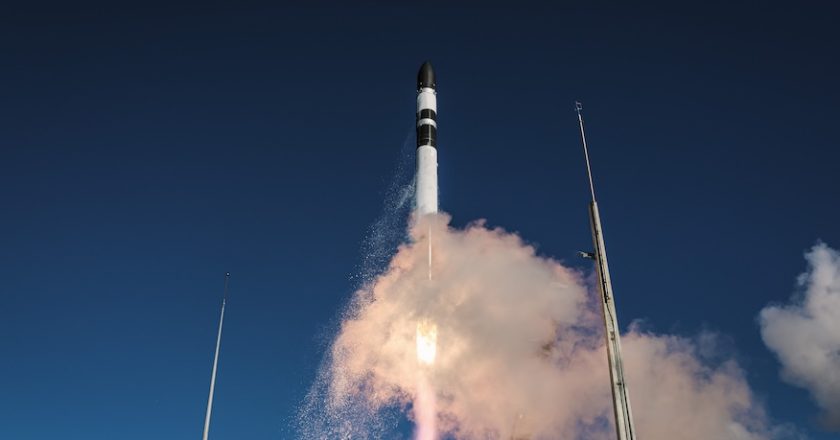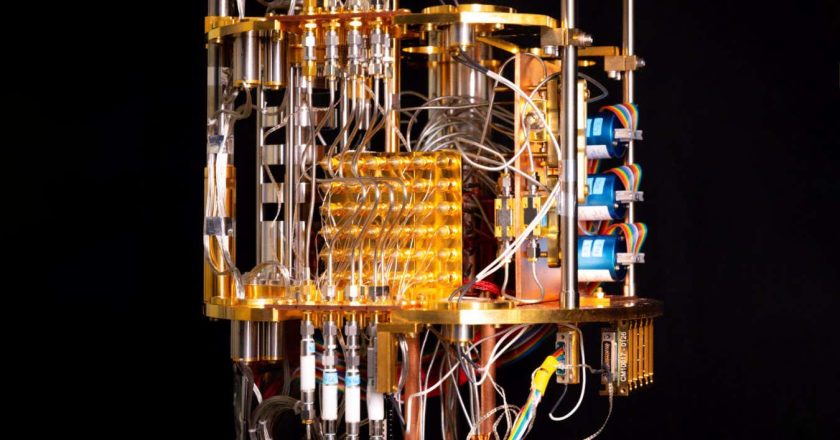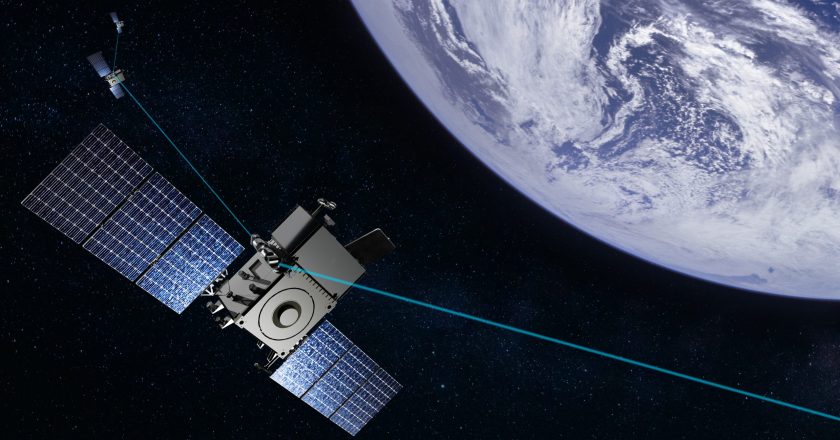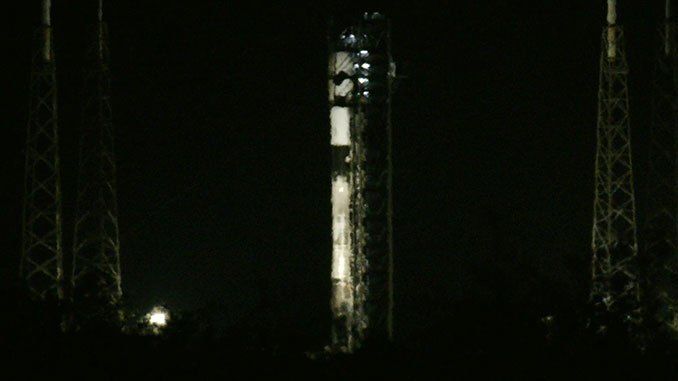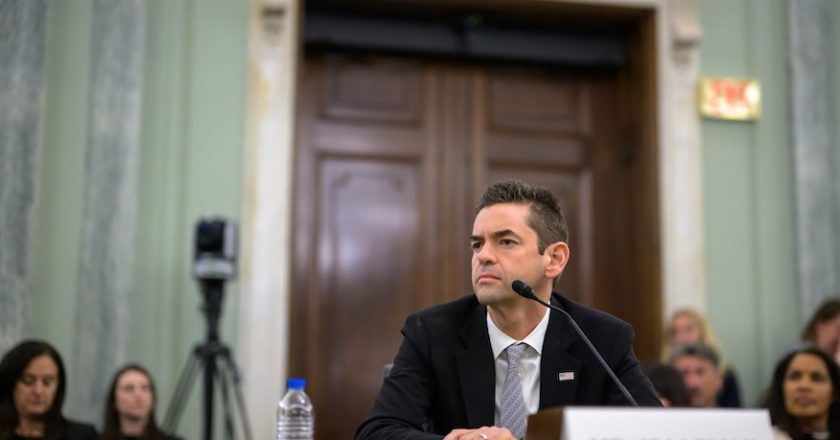Rocket Lab launches BlackSky’s next Gen-3 satellite on Electron rocket from New Zealand – Spaceflight Now
A Rocket Lab Electron rocket lifts off from New Zealand to begin the ‘Full Stream Ahead’ mission on June 2, 2025. Image: Rocket Lab
Rocket Lab successfully launched its 65th Electron rocket to date on a mission in support of its customer, BlackSky, and the next launch for its Gen-3 satellite constellation.
Teams launched the mission, dubbed ‘Full Stream Ahead,’ from Pad A at Rocket Lab’s launch complex in Mahia, New Zealand, at 11:57 a.m. NZT on June 3 (7:57 p.m. EDT, 2357 UTC on June 2).
“With each successive launch BlackSky expands on-orbit capacity, introduces Gen-3 capabilities, and furthers our ability to meet the demands of the most time-dominant missions,” said Brian O’Toole, BlackSky CEO, in a post on X following the launch. “Our partnership with Rocket Lab has demonstrated excepti...
